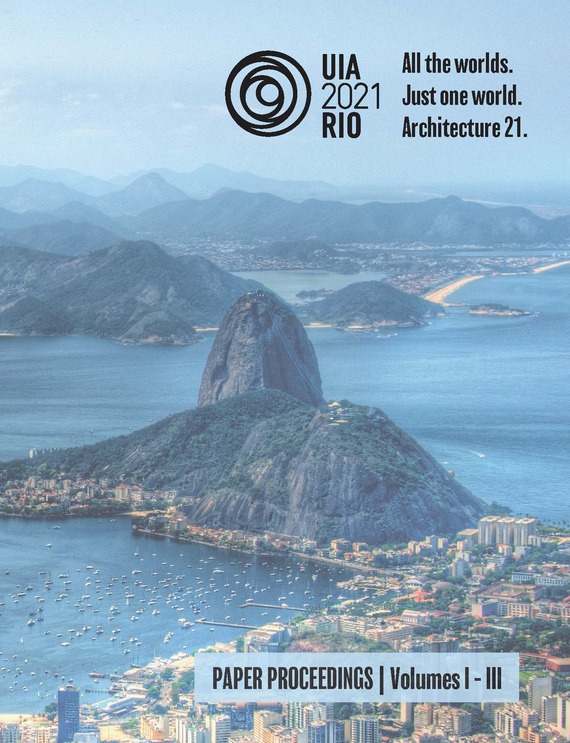Author(s): De Almeida Gomes & George Antônio
In a vital and sometimes hidden role, bees maintain terrestrial ecosystems through pollination, enabling the recovery of native flora and accounting for about 75% of food crops in the world. Motivated by anthropic action, their decline is a global issue. Taking advantage of a strong local context for urban resilience, the activism of several agents and the expansion of rational keeping of Brazilian stingless bees, named Meliponiculture, the Studio 360arquitetura proposes the Doce_Ssa as an “unsolicited” architecture, in an intense participatory transdisciplinary process, also evolving towards Municipality’s interest. As a pilot action of coordinated design, a network of pollinating urban meliponaries is proposed for the city of Salvador, in order to house and promote the multiplication of native bees. The basic architectural project, supported by a principle of urban acupuncture, comprises microarchitectures strategically linked to local programs – urban parks, school and community vegetable-gardens and orchards, and Candomblé “Terreiros” (afro-Brazilian worship terrain) – becoming centers of pollination and environmental education. Urban green spaces and areas for social engagement are articulated for this new mission, enhancing the project and the range of action and flight of the main bee species adopted for it, the Melipona Scutellaris, which is up to 3-4km. In a provocative inversion of the city – architecture – object relationship, Doce_SSA inspires a promising low-cost, high-impact design strategy, based on nature, to mitigate the climate emergency and the need for cities to adapt, while bringing people closer to these extraordinary social insects.
Volume Editors
ISBN
978-1-944214-31-9

 Study Architecture
Study Architecture  ProPEL
ProPEL 
